Rational Intelligence Lab
CISPA Helhmholtz Center for Information Security, Saarbrucken
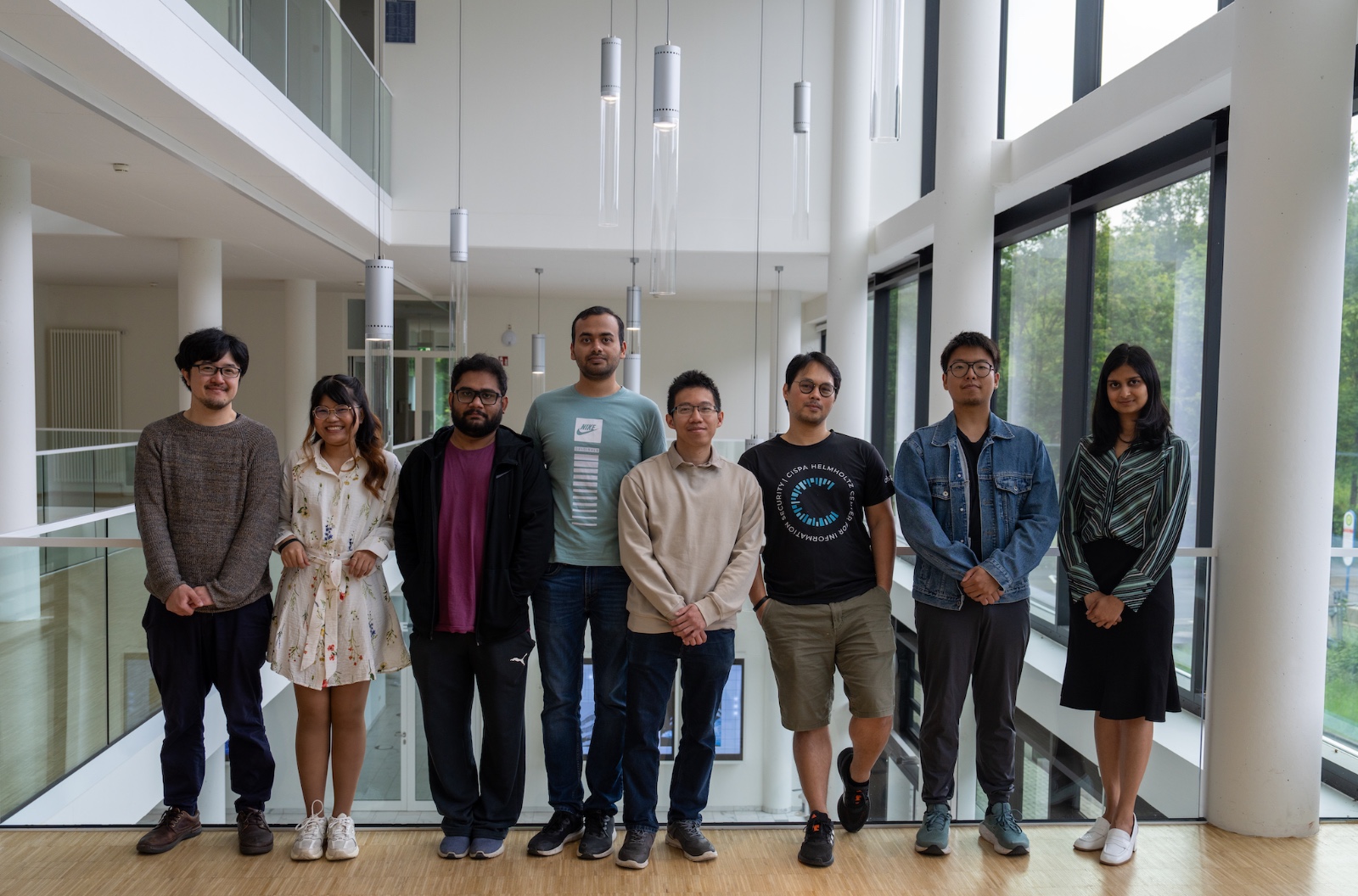

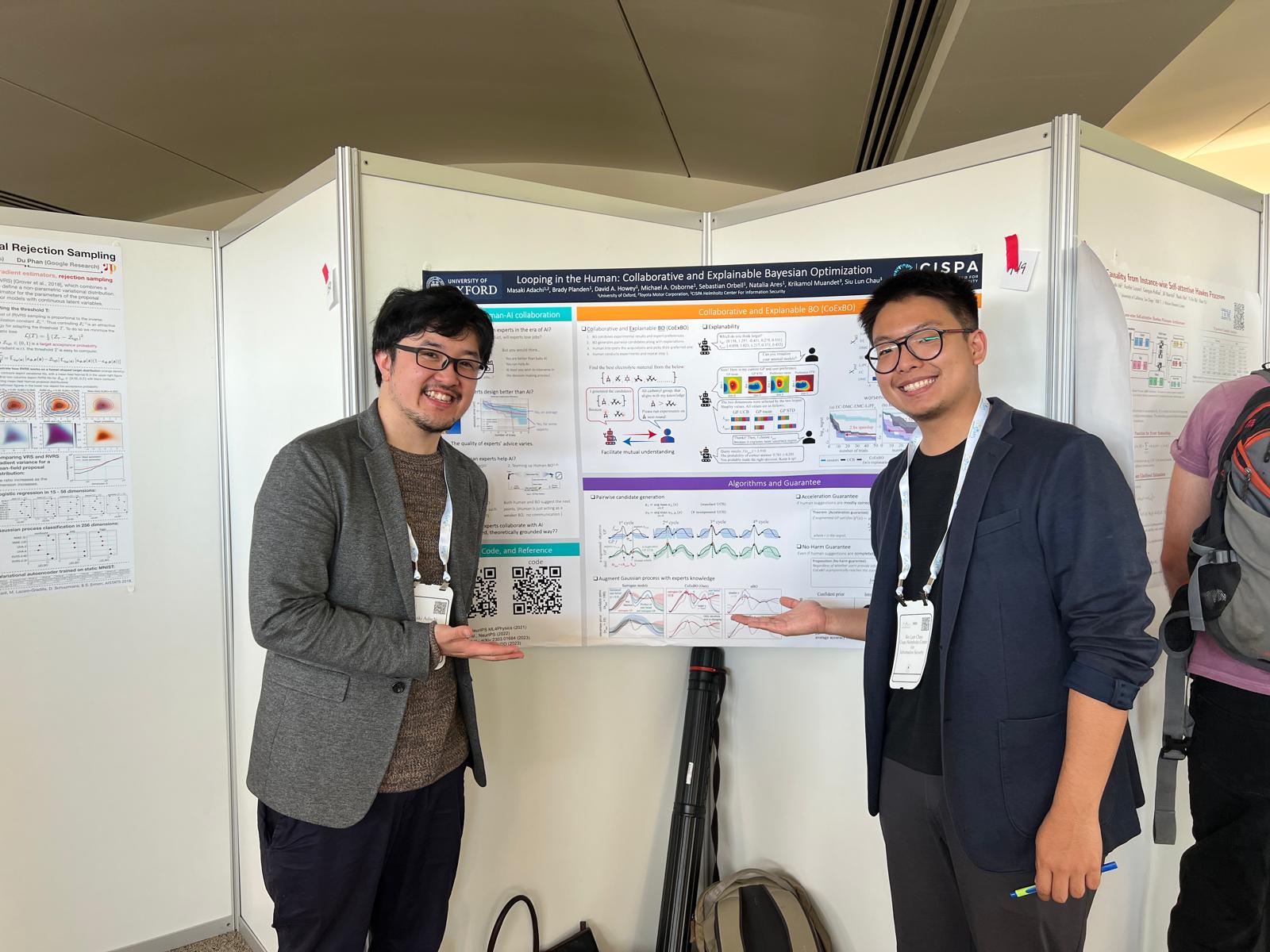
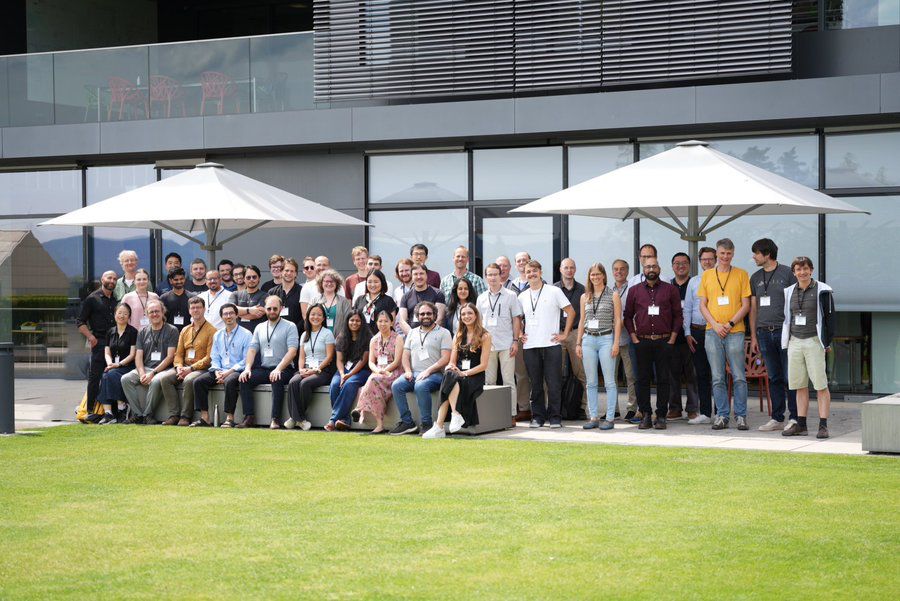


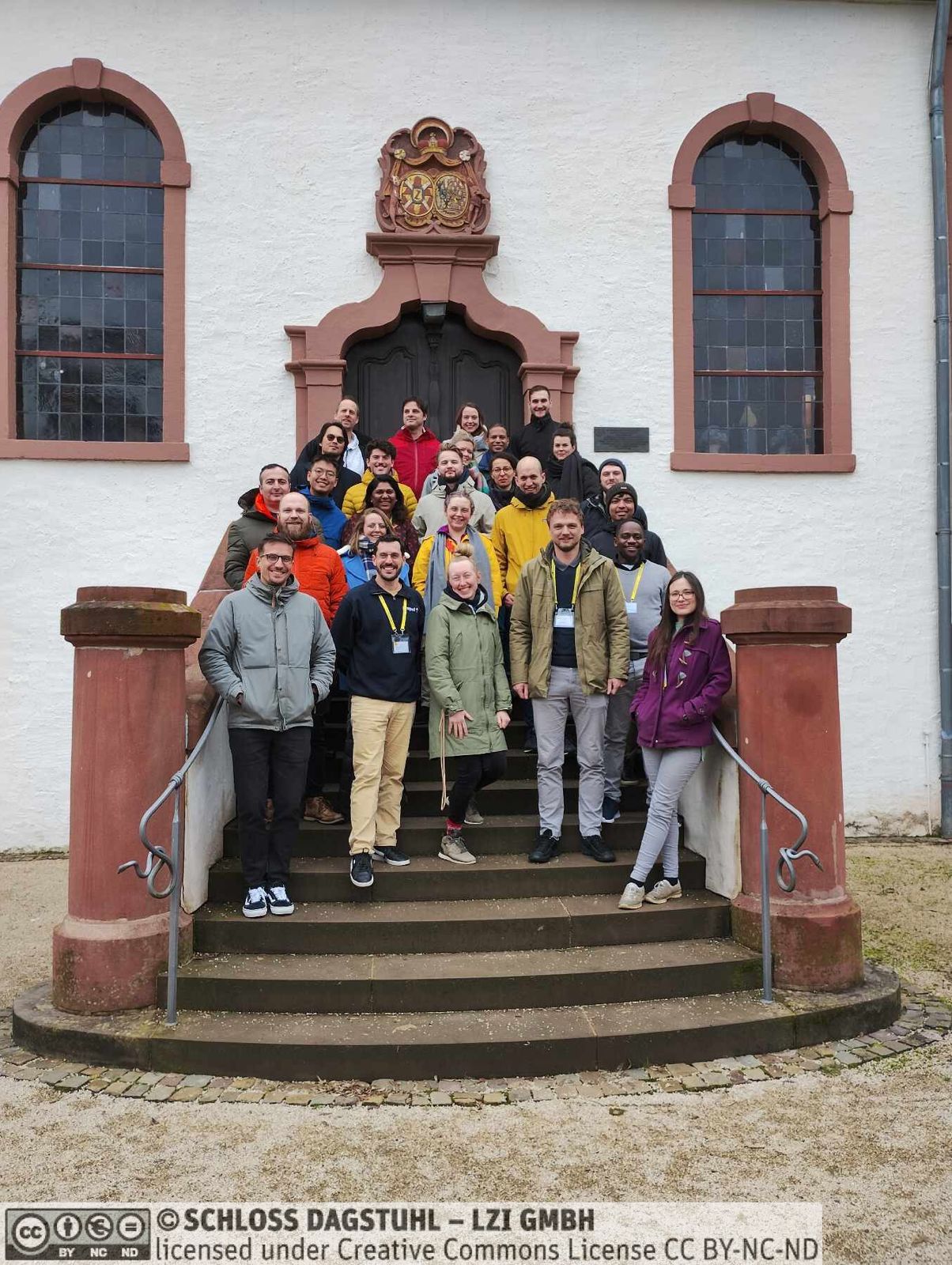
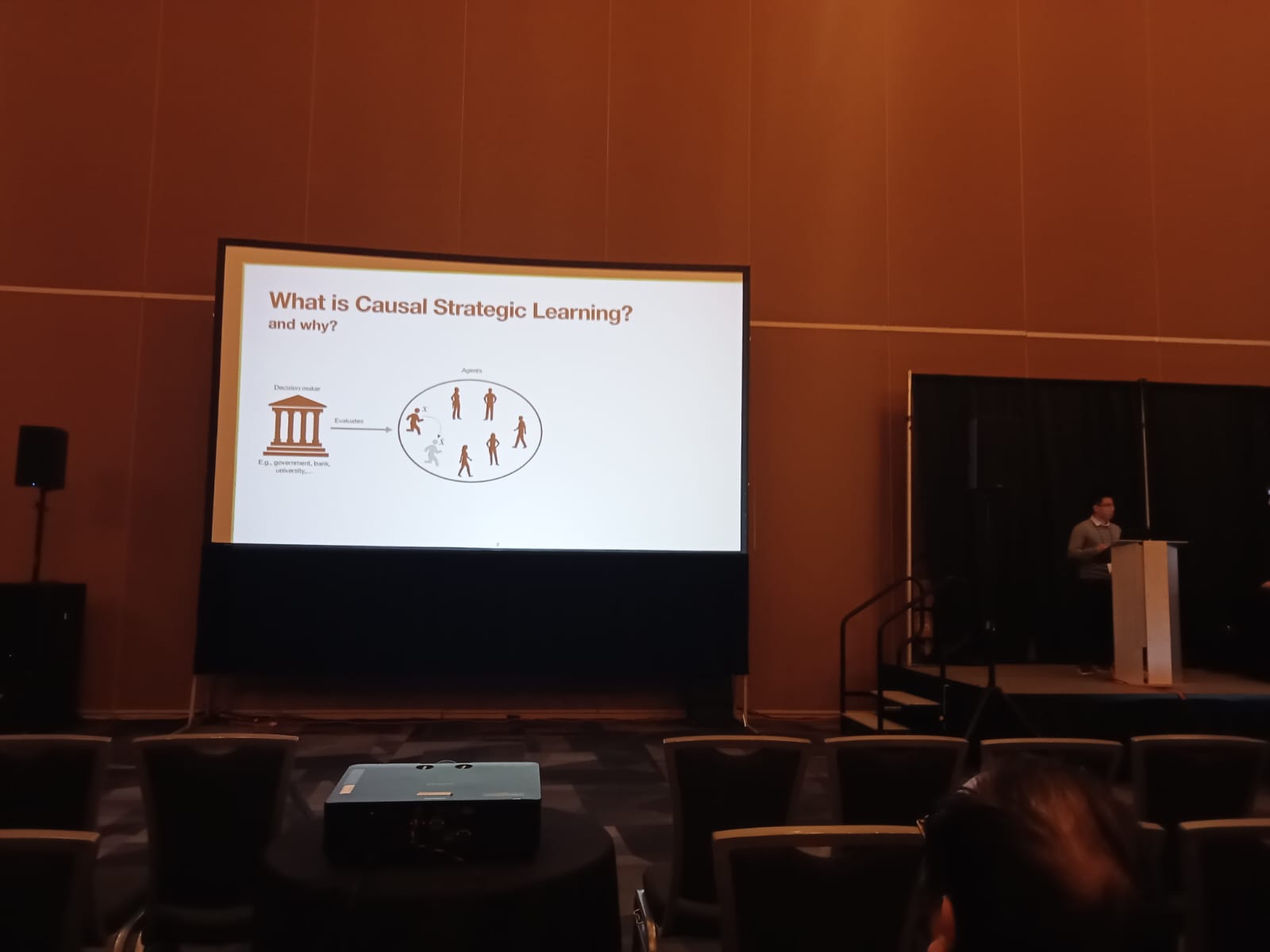
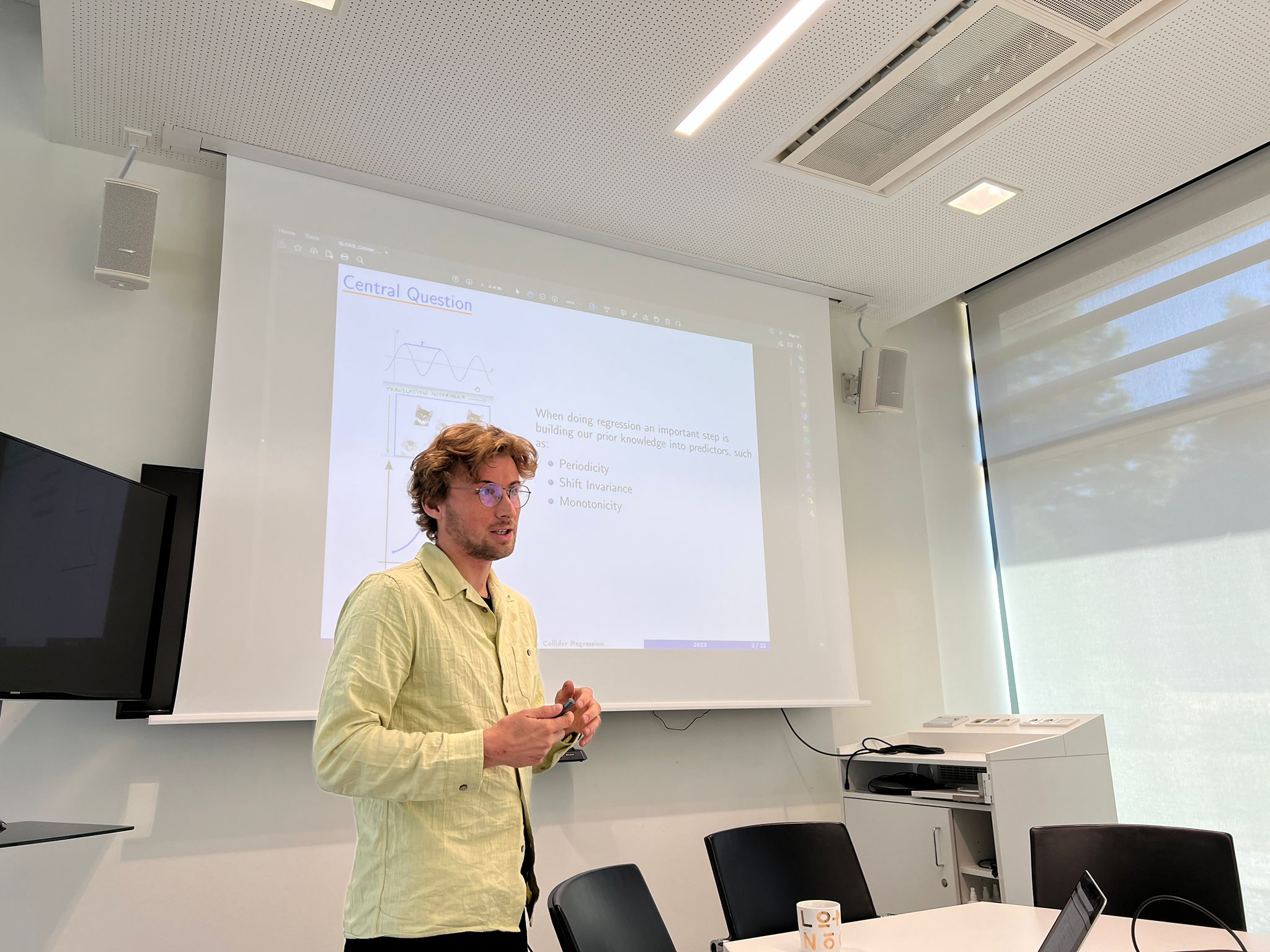
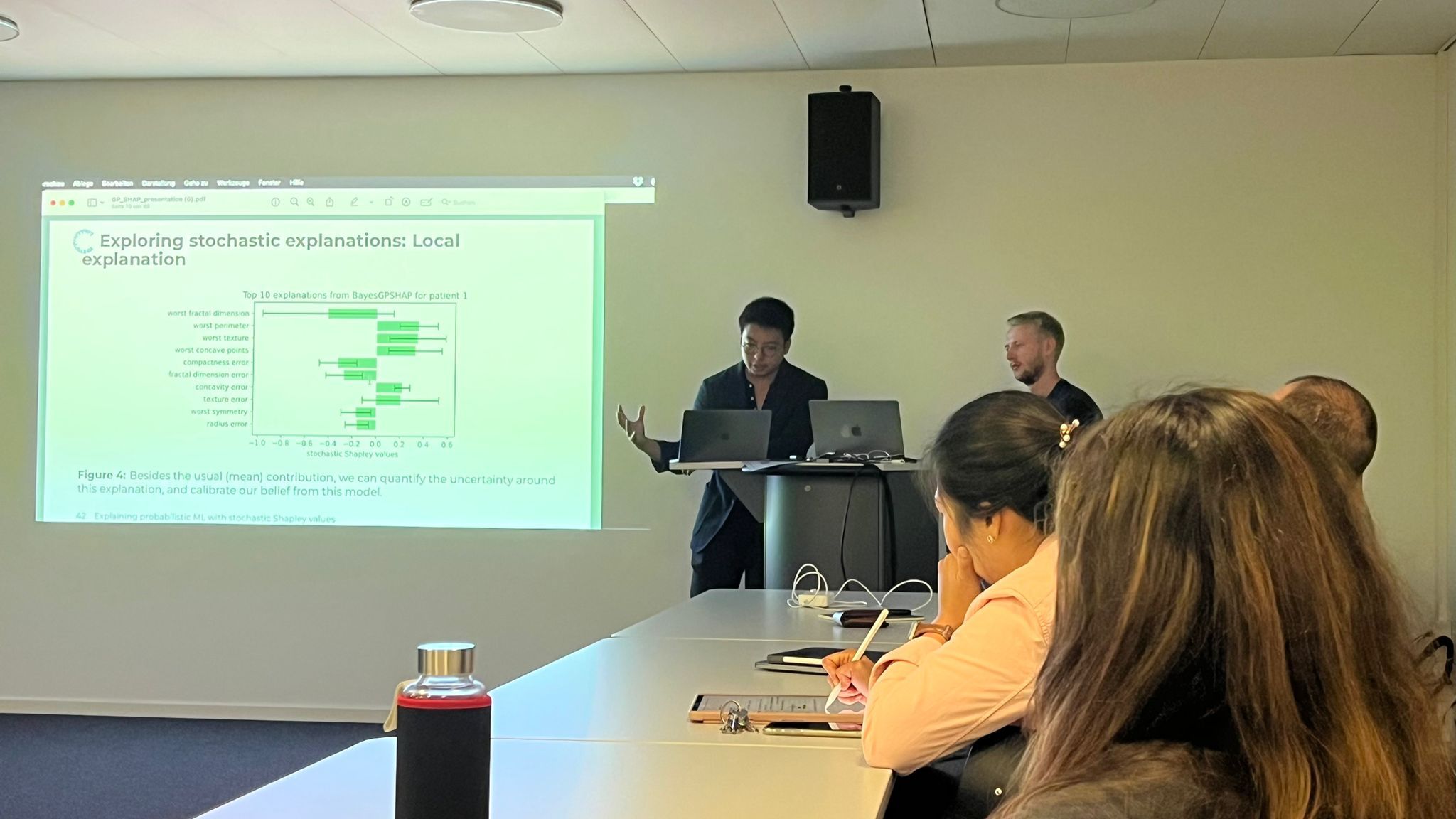
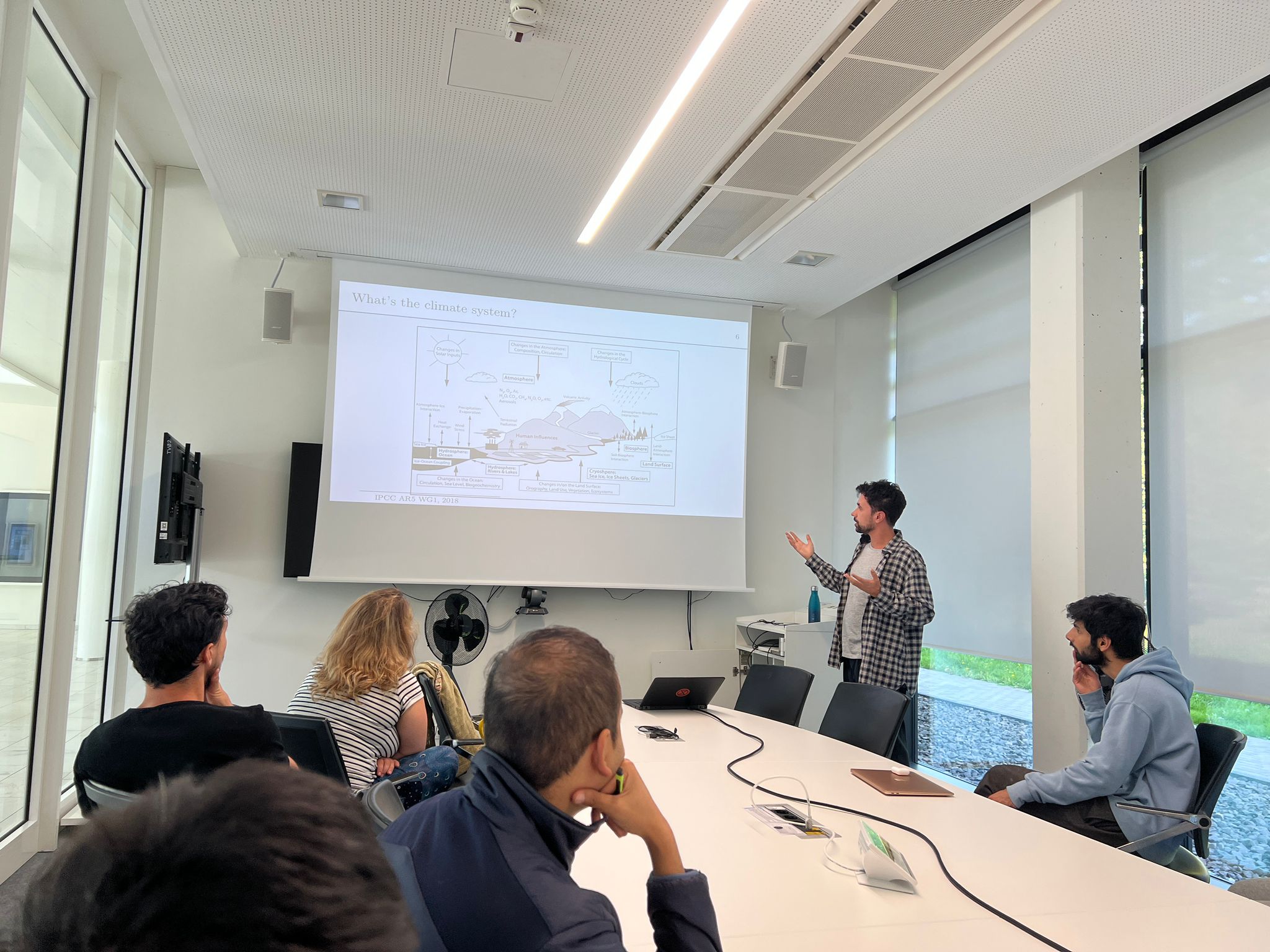

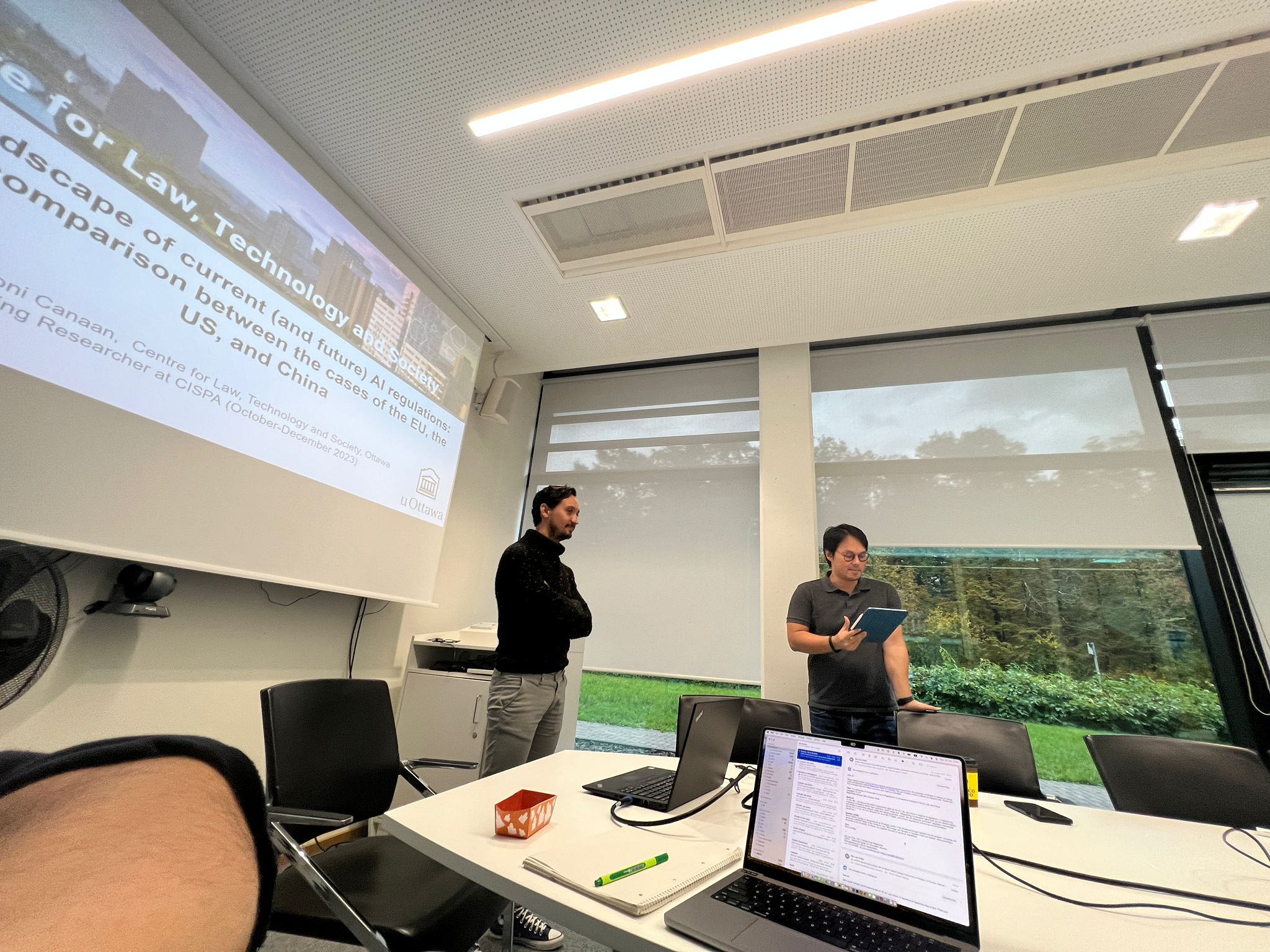
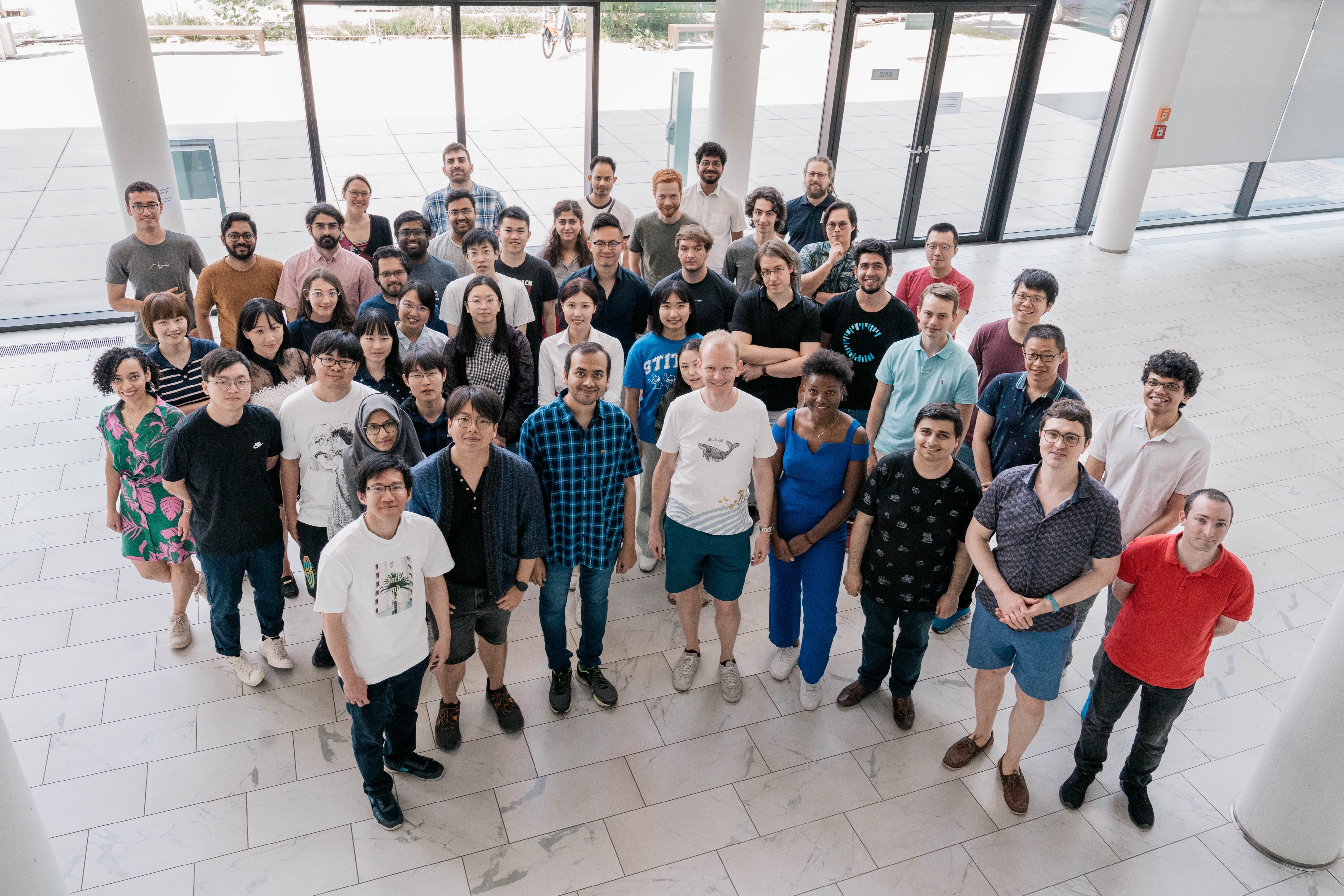
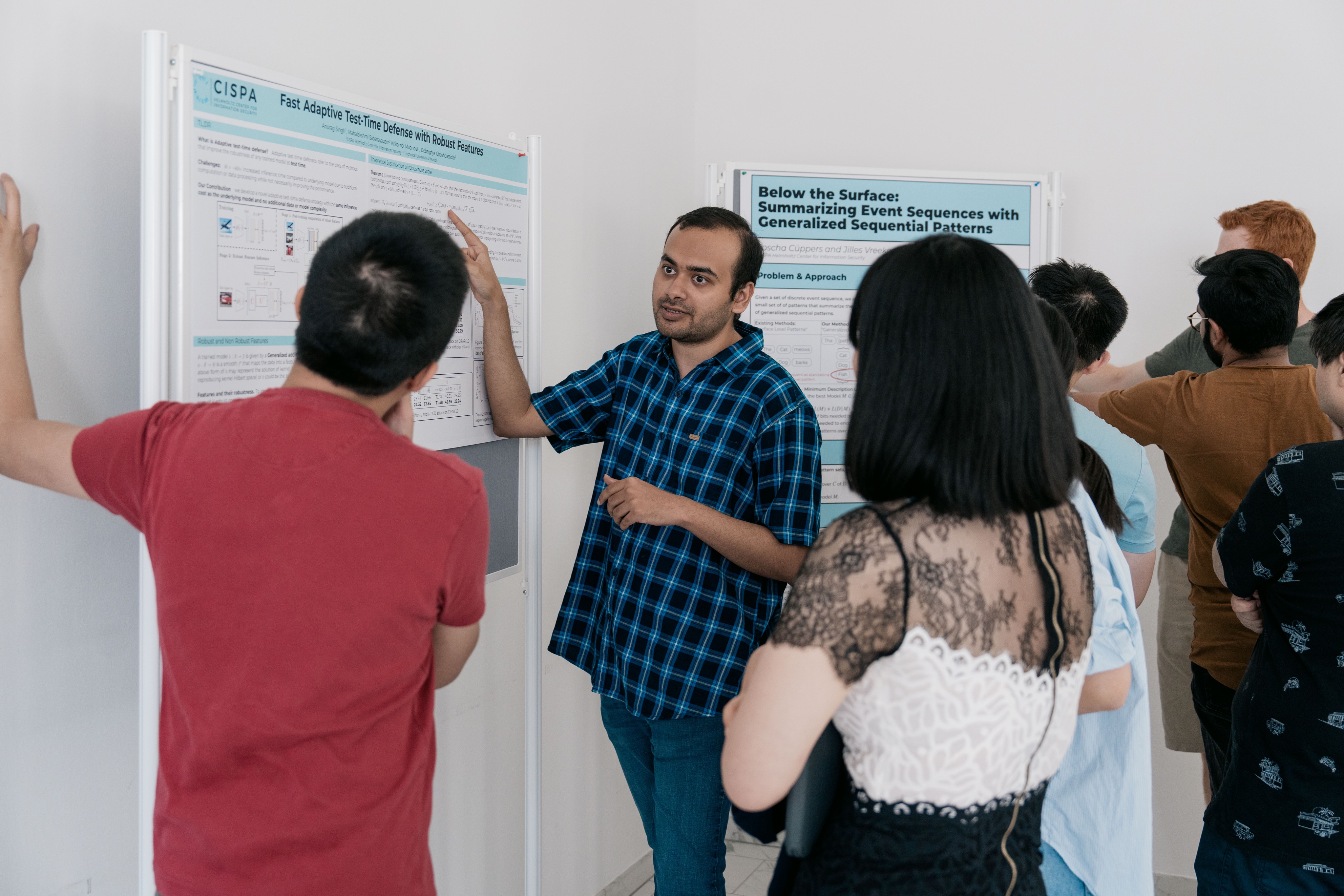


The Rational Intelligence (RI) Lab is dedicated to understanding the underlying principles that enable autonomous agents to acquire knowledge effectively from their experiences. Our primary objective is to utilize this understanding in designing novel machine learning (ML) algorithms capable of engaging in rational interactions with complex environments.
Our research endeavors encompass the following focal areas:
-
Prediction: We aim to develop ML algorithms that demonstrate resilience in the face of distribution shifts. Our focus lies in domain adaptation (DA), domain generalization (DG), out-of-distribution (OOD) generalization, and robustness. To tackle these challenges, we employ kernel methods, with particular emphasis on the kernel mean embedding of distributions, as a robust mathematical framework.
-
Causation: Our research investigates the utilization of causal relationships to enhance ML models. Furthermore, we explore the application of sophisticated ML algorithms to aid in causal inference within complex environments. Topics of interest include unobserved confounders in causal inference, spurious correlation in machine learning, distributional treatment effects, counterfactual inference, and algorithmic decision-making. We leverage modern quasi-experimental designs, such as instrumental variables (IV), proxy variables, and regression discontinuity design (RDD), as valuable tools for addressing these issues.
-
Regulation: We focus on the regulation of ML model deployment in the real world to ensure generalizability, equity, trustworthiness, and democracy. Additionally, we investigate how emerging challenges, including feedback loops, strategic manipulations, and adversarial attacks, fundamentally impact the training of ML models. To gain deeper insights into these problems, we incorporate techniques from algorithmic game theory, mechanism design, social choice theory, and other relevant sub-fields of economics.
We envision that the advancement of next-generation machine learning models, distinguished by their reliability, trustworthiness, safety, and security, calls for collaborative efforts involving diverse stakeholders. These stakeholders encompass not only individual citizens and governments but also intergovernmental organizations. Our array of technical solutions, functioning at different levels of granularity, strive to pave the path toward the democratization of artificial intelligence (AI).
For further information about our research, please read our manifesto, visit our publication page, or explore our Github repository.



Our group is currently affiliated with the CISPA–Helmholtz Center for Information Security in Saarbrücken, Germany and the ELLIS Unit Saarbrücken. The Helmholtz Association is a union of 18 scientific-technical and biological-medical research centers, making it the largest scientific organisation in Germany. We are also part of PharmaScienceHub, a collaboration platform of the University of Saarland and the Helmholtz Institute for Pharmaceutical Research Saarland (HIPS).
news
| Dec 06, 2025 | EIML Workshop 2025 at EURIPS Copenhagen was a huge success |
|---|---|
| Feb 23, 2025 | Siu Lun presented at Amazon Berlin |
| Dec 10, 2024 | Year end group dinner |
| Oct 15, 2024 | Joint workshop of our ML reading group |
| Aug 12, 2024 | We participated in the SIPTA School in Ghent, Belgium |